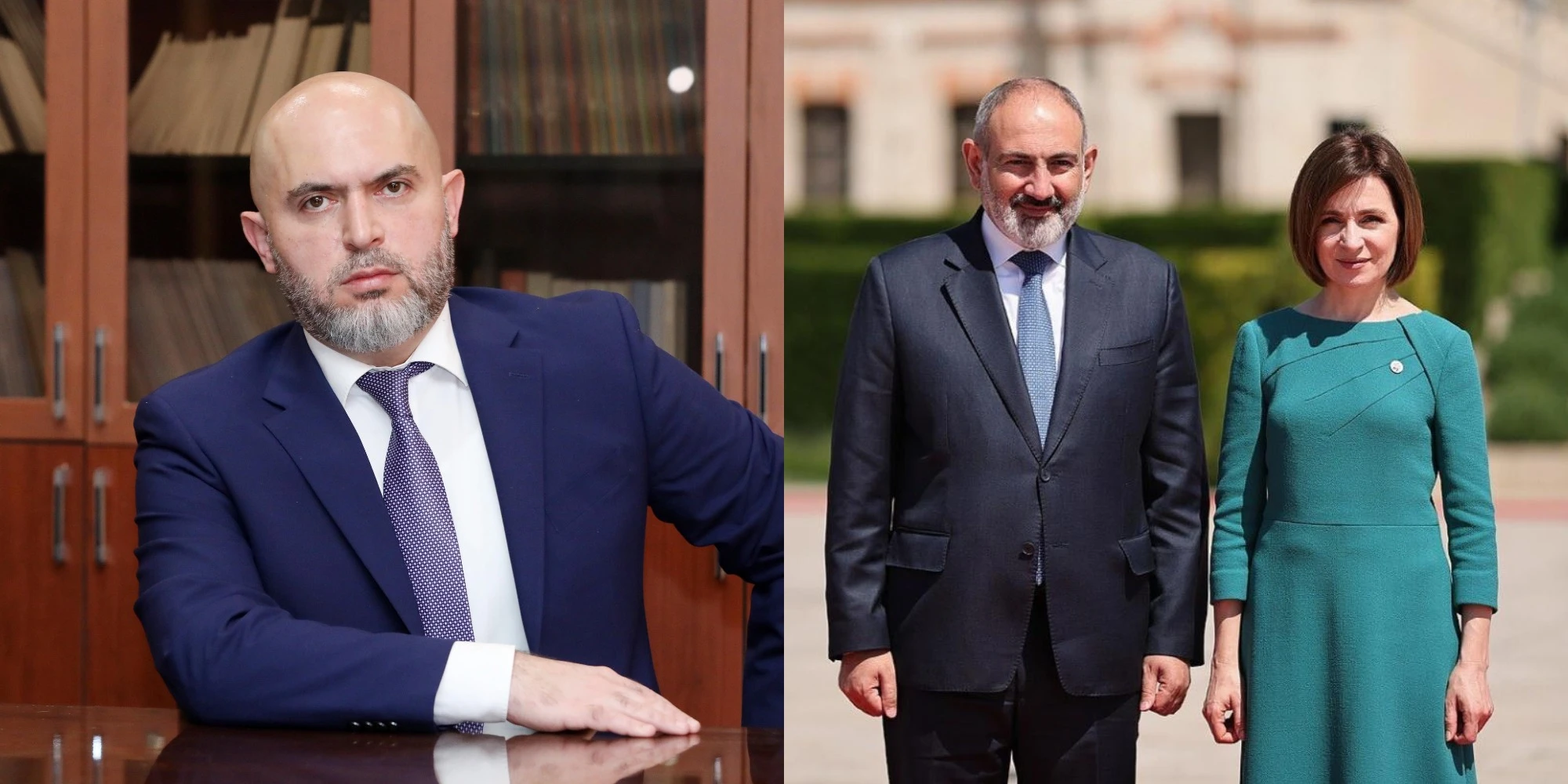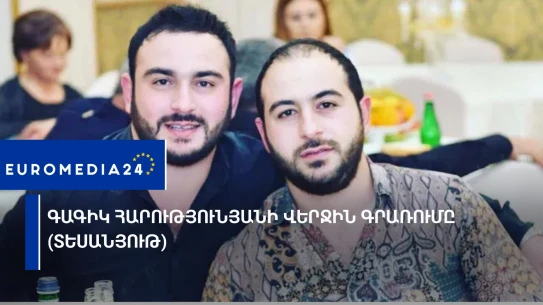Maya Sandu is not Pashinyan, she is an untainted, solid and ideological woman who really enjoys prestige in Brussels. Ashotyan



Gagik Harutyunyan's last post (photo)
"I'm dying, I don't sew." Gor Harutyunyan's touching words about his brother's death
Khachik Galstyan will be home in 2 days. lawyer
What did Enver preach and how did Erdogan implement it with the help of Pashinyan? With Charmazan
The list of closed schools in Syunik, in particular Kapan community (Photo)
Sanasaryan was acquitted. Will Pashinyan apologize to him?
"February warming is not yet spring. Agricultural work started early." Levon Azizyan
From 2018 to today, the budget of the Ministry of Internal Affairs has increased 3.3 times, but what did the "hero taxpayer" get in return? Member of Parliament
There is no other nation in the world that has been deliberately and successfully deceived with such consistency and with the same primitive tricks. Ashotyan
Does this mean that war will not start tomorrow? Vardan Voskanyan
I support everyone who will fight against the pro-Azerbaijani, dishonorable, uncultured, ultimately ignorant government. David Amalyan
In Shirak, milk is procured from the villagers for 150-160 drams, it is sold in the store for up to 900 drams. Member of Parliament
The air temperature on February 16-23 is predicted to be 6-8 degrees above normal. Levon Azizyan elaborates
I received the results of the international examinations appointed by me in November last year regarding the video recordings attributed to Saint Arshak. Babayan
Pashinyan is trying in every way to disrupt the Episcopal Assembly convened in Austria. Hakob Badalyan
The saint is the target of criminal prosecution. Suren Surenyants
You will not frighten the reverend either with criminal cases or possible arrest. Eduard Sharmazanov
Today is the day of universal shame of the Armenian nation. Ruben Melikyan on initiating criminal prosecution against the Catholicos
The planned agenda of the upcoming Iran-US negotiations is not in Tel Aviv's interest. Iranologist
I suggested Vagharshak Harutyunyan to head our list for the upcoming NA elections. Vahan Babayan